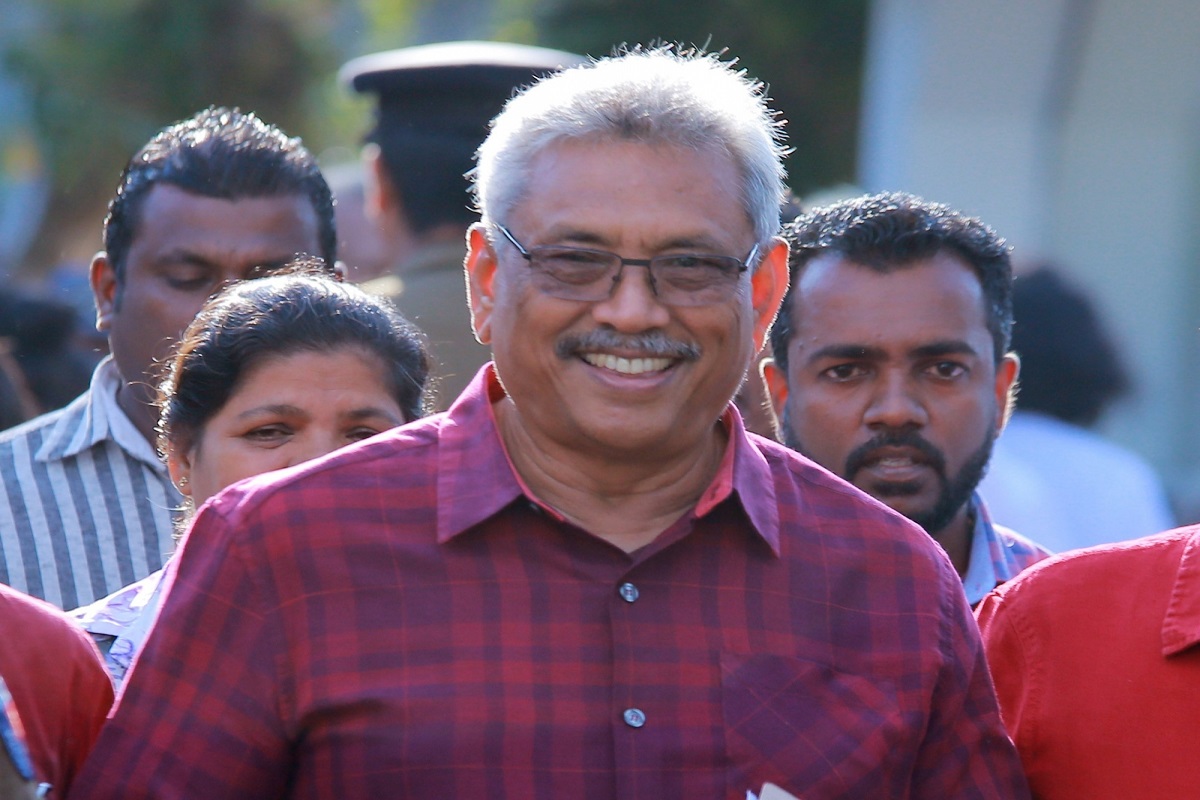IMF highlights ‘corruption vulnerabilities’ in report on Sri Lanka
IMF has clearly mentioned that Sri Lanka needs to first reduce the prevalent corruption conditions and overhaul the taxation structure.
Gotabaya Rajapaksa returned from Thailand to Katunayake International Airport on a Singapore airlines SQ-468 flight

Gotabaya Rajapaksa. (File Photo: IANS)
Rajapaksa, 73, was received by a number of Ministers of the present government. Politicians from his party, Sri Lankan Podujana Peramuna (SLPP) also welcomed him inside the airport after he returned to Katunayake International Airport on a Singapore airlines SQ-468.
Amidst tight security and a privilege of contingent of security entitled to only former Presidents of Sri Lanka, Goatabaya was reportedly taken to a state bungalow prepared for him in the heart of Colombo.
Advertisement
On a request made by Sri Lanka government led by new President Ranil Wickremesinghe, Gotabaya was given a 90-day visa by the Thailand government.
Rajapaksa was blamed for the economic crisis the country was going through and the angry protestors took to streets on March 31 and surrounded the former President’s private residence outside the state capital Colombo.
For more than three months, people carried out street fights demanding the resignation of Gotabaya, his elder brother Prime Minister Mahinda Rajapaksa and the entire government.
Mahinda and his cabinet were forced to resign on May 9 and on July 9, Gotabaya fled his official residence when the protesters stormed it.
Going through the worst economic crisis in the post-independence Sri Lanka, on Thursday the International Monetary Fund announced a financial bailout under strict conditions, including political stability, tax reforms, action on corruption and negations with the multiple creditors.
Advertisement